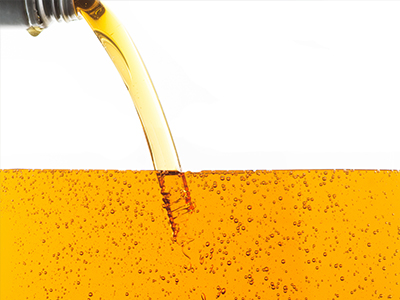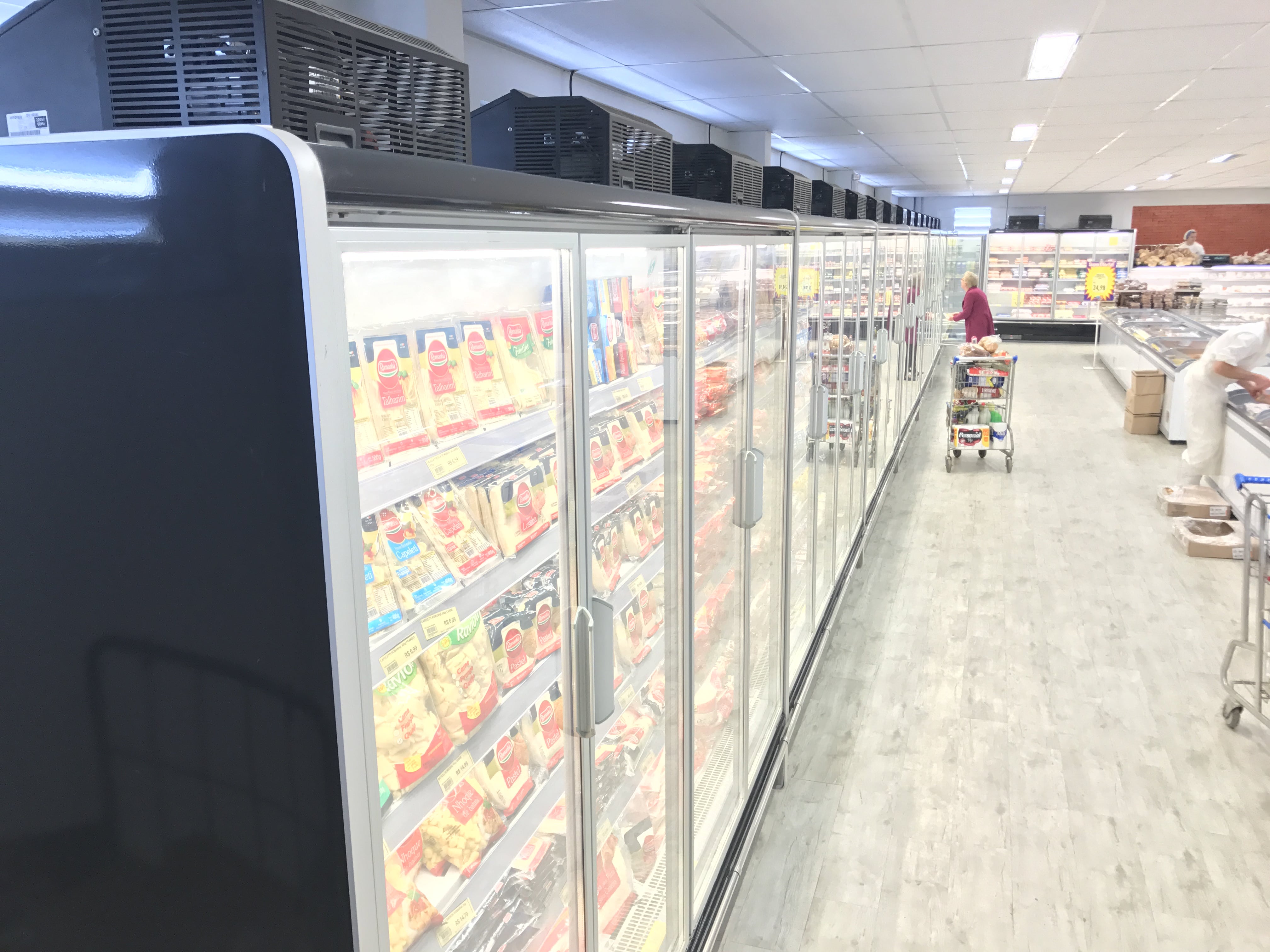[gravata]Global agreement aimed at environmental protection.[/gravata]
Magna Luduvice: “Refrigerants that don’t attack the ozone layer and cause little impact on global warming are the ideal substitutes for CFCs and HCFCs”.
After the end of CFCs (chlorofluorocarbons such as R12), the elimination process for HCFCs (hydrochlorofluorocarbons, such as R22) intensified in 2013 in Brazil and Latin America. In an interview with the Refrigeration Club, Magna Luduvice, Protection of the Ozone Layer Coordinator of the Ministry of Environment answered the main questions related to this issue. HOW IS THE CFC ELIMINATION PROCESS? Elimination of CFC consumption is almost complete. Only control actions for old equipment remains. AND HCFCs? In 2013, developing countries, like Brazil, are required to freeze HCFC consumption at 2009 and 2010 averages. In these countries, by 2015 consumption will be reduced by 10% at least. Brazil opted to reduce 16.6%, according to the strategy defined in the Brazilian Program for the Elimination of HCFCs. In developed countries (such as Germany, USA and Japan), the process began earlier, in 1996, and 75% of consumption has been eliminated. ARE RESULTS BEING OBTAINED? The Montreal Protocol, which includes participation of all 197 countries worldwide, was able to eliminate 98% of the consumption of substances that deplete the ozone layer (such as CFCs) by 2012. As a result, it’s expected that between 2050 and 2075, the ozone layer will return to the levels it had before 1980. WHERE IS IT IMPORTANT TO ADVANCE? In searching for alternatives to replace CFCs and HCFCs. The trend is that substitutes, besides having zero potential to destroy the ozone layer, also have low global warming potential. ARE THERE OTHER ASPECTS TO IMPROVE? Another aspect that needs attention is to give proper treatment to substances that destroy the ozone in existing old equipment. Collection efficiency needs to increase through recycling and regeneration of CFCs and HCFCs. CAN THE DEADLINES FOR HCFC ELIMINATION BE POSTPONED? No. Countries can only anticipate the deadlines. This means that, in Brazil and throughout Latin America, in 2015 the consumption of HCFCs must be at least 10% lower than the 2009-2010 average. It should be noted that each country made an individual agreement. Brazil, as mentioned earlier, opted for 16.6%, and the others vary. HOW DID THIS CONTRIBUTE TO PREVENT GLOBAL WARMING? Besides avoiding further damage to the ozone layer, the actions resulting from the Montreal Protocol have enabled the equivalent of 135 billion tons of CO2 to no longer be emitted. This is an essential contribution in combating global warming. HOW CAN REFRIGERATION PROFESSIONALS CONTRIBUTE? Their awareness is crucial in maintaining facilities and equipment, so that the gas won’t leak into the atmosphere. The contractor should keep up to date with good practices in order to perform services properly. In addition, they need to pay attention to collecting, recycling and regenerating CFCs and HCFCs as inventories of these substances will decrease gradually.



